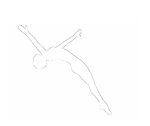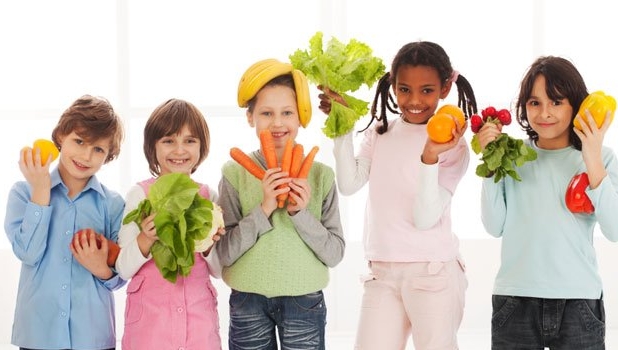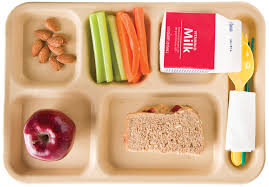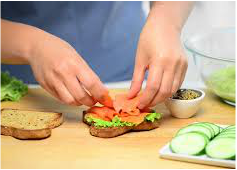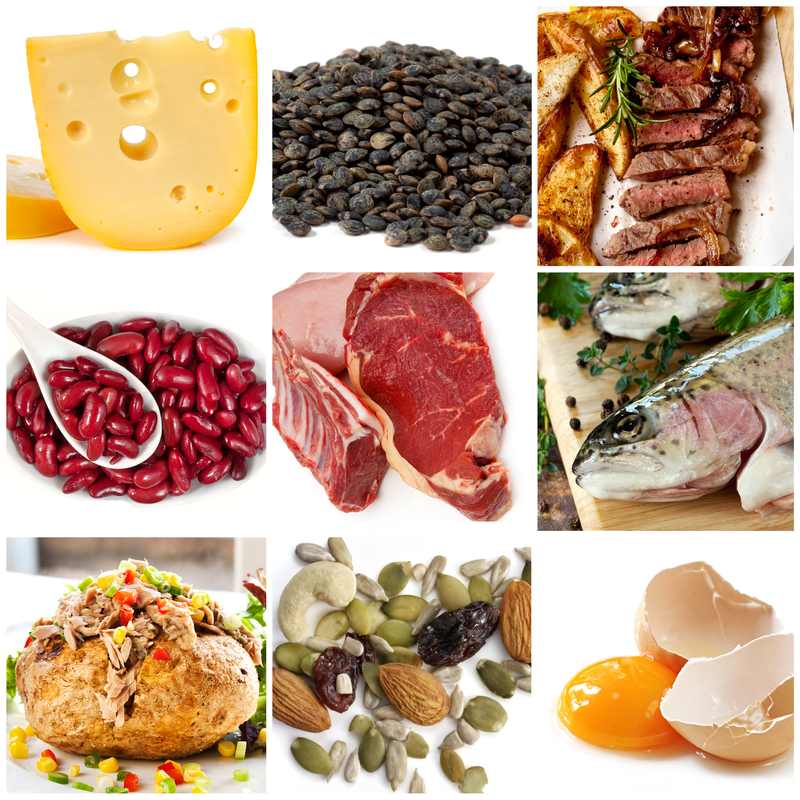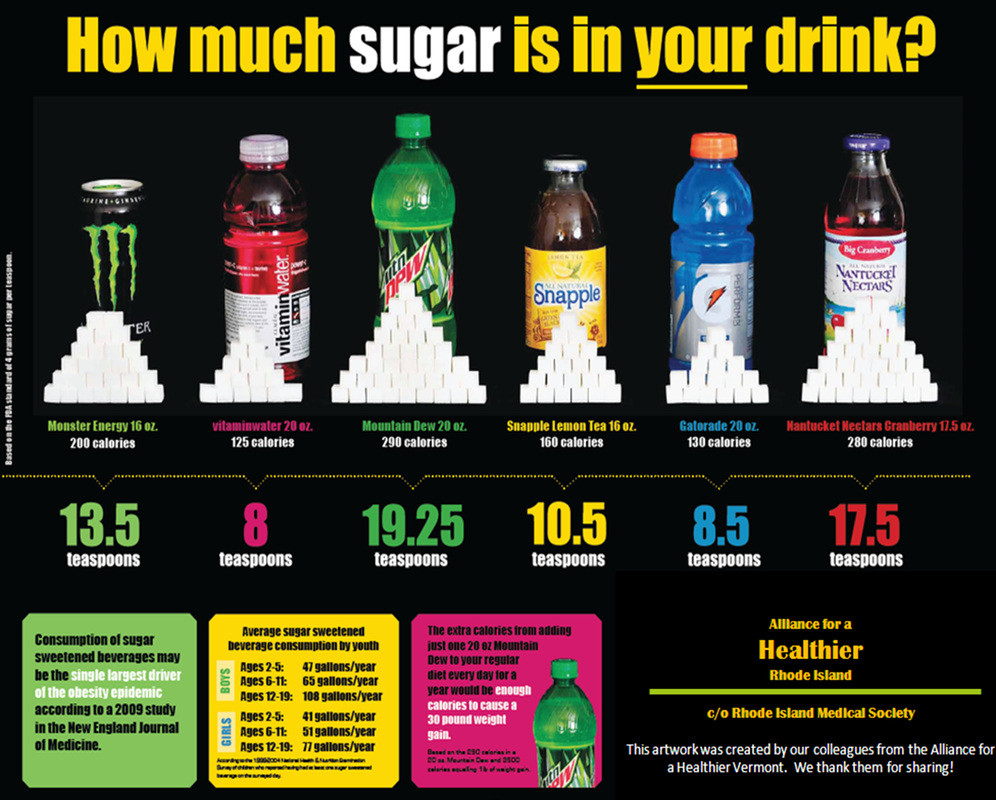Most parents can relate to the daily challenges of finding foods that their children will eat and enjoy. Perhaps our job as a parent is to serve and expose our children to a variety of healthy foods whether they choose to eat those foods or not.
Taste buds do change.
Toddlers and young children have more taste buds than adults (they decrease as we age). Children can taste the bitter, spicy and salty in foods that a parent may not which means that spinach and broccoli may taste bitter to a child.
Allow children to take part in food preparations.
Apart from touching a hot stove, boiling water or sharp knives there are many ways that children can be helpful in the kitchen. Allowing children to take part in meal preparation is an important step in getting them to try new foods.
Taste buds do change.
Toddlers and young children have more taste buds than adults (they decrease as we age). Children can taste the bitter, spicy and salty in foods that a parent may not which means that spinach and broccoli may taste bitter to a child.
Allow children to take part in food preparations.
Apart from touching a hot stove, boiling water or sharp knives there are many ways that children can be helpful in the kitchen. Allowing children to take part in meal preparation is an important step in getting them to try new foods.
“Researchers have found that children who take part in the cooking of their food eat those foods and ask for seconds”.
Try not to pressure a child to take a bite.
When children are pressured to take at least one bite or offered rewards if they take a bite – this is not always the best strategy. Initially the child may eat the food to receive the reward but they will be less likely to eat those foods in the long run. Make these foods just part of the meal and let your child see you enjoying them. Staying neutral to our children's likes and dislikes for food is important for their personal decision making growth.
In one study at Pennsylvania State University, researchers asked children to eat vegetables offering them stickers and television time if they did. Later in the study, the children expressed dislike for the foods they had been rewarded for eating.
When children are pressured to take at least one bite or offered rewards if they take a bite – this is not always the best strategy. Initially the child may eat the food to receive the reward but they will be less likely to eat those foods in the long run. Make these foods just part of the meal and let your child see you enjoying them. Staying neutral to our children's likes and dislikes for food is important for their personal decision making growth.
In one study at Pennsylvania State University, researchers asked children to eat vegetables offering them stickers and television time if they did. Later in the study, the children expressed dislike for the foods they had been rewarded for eating.
